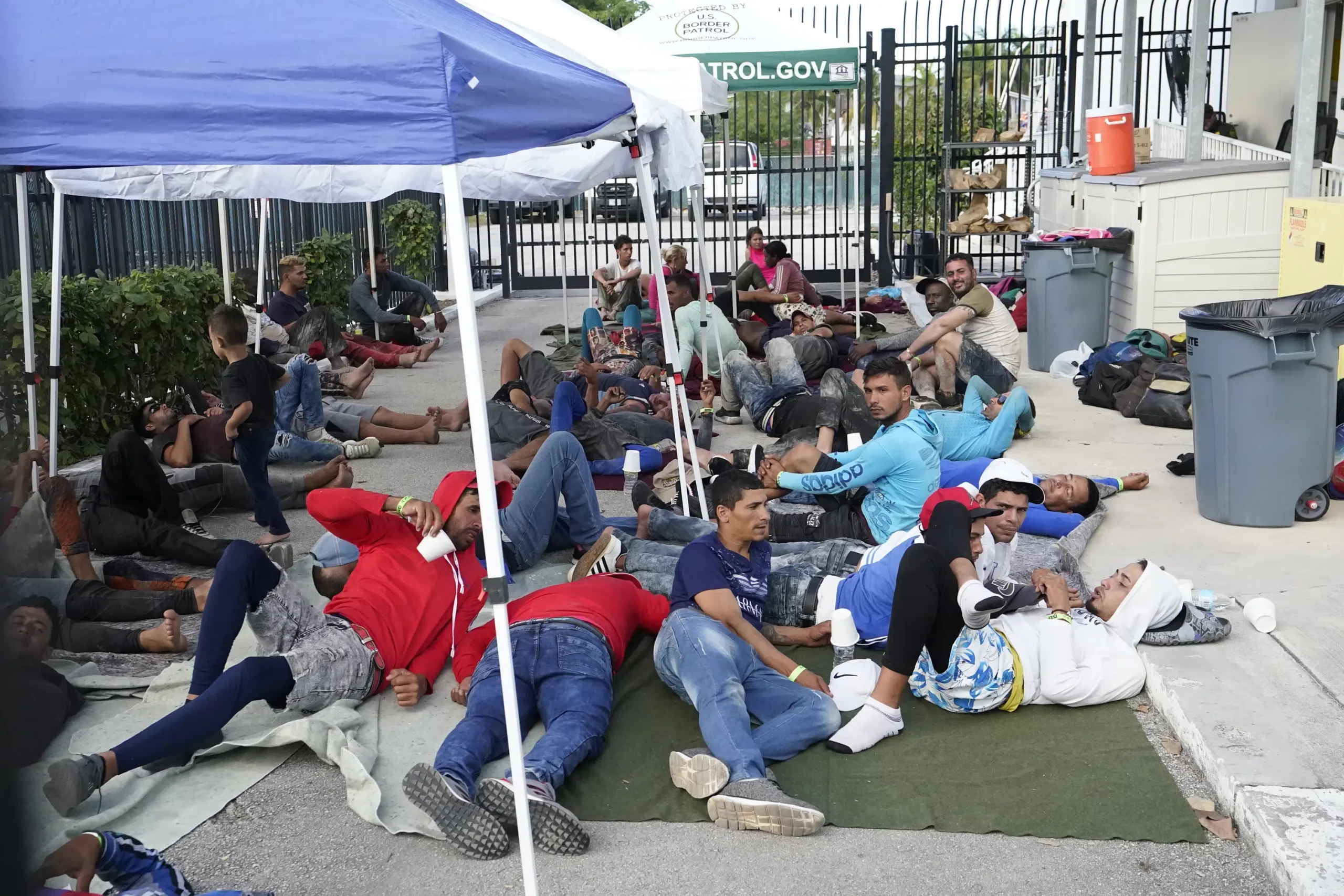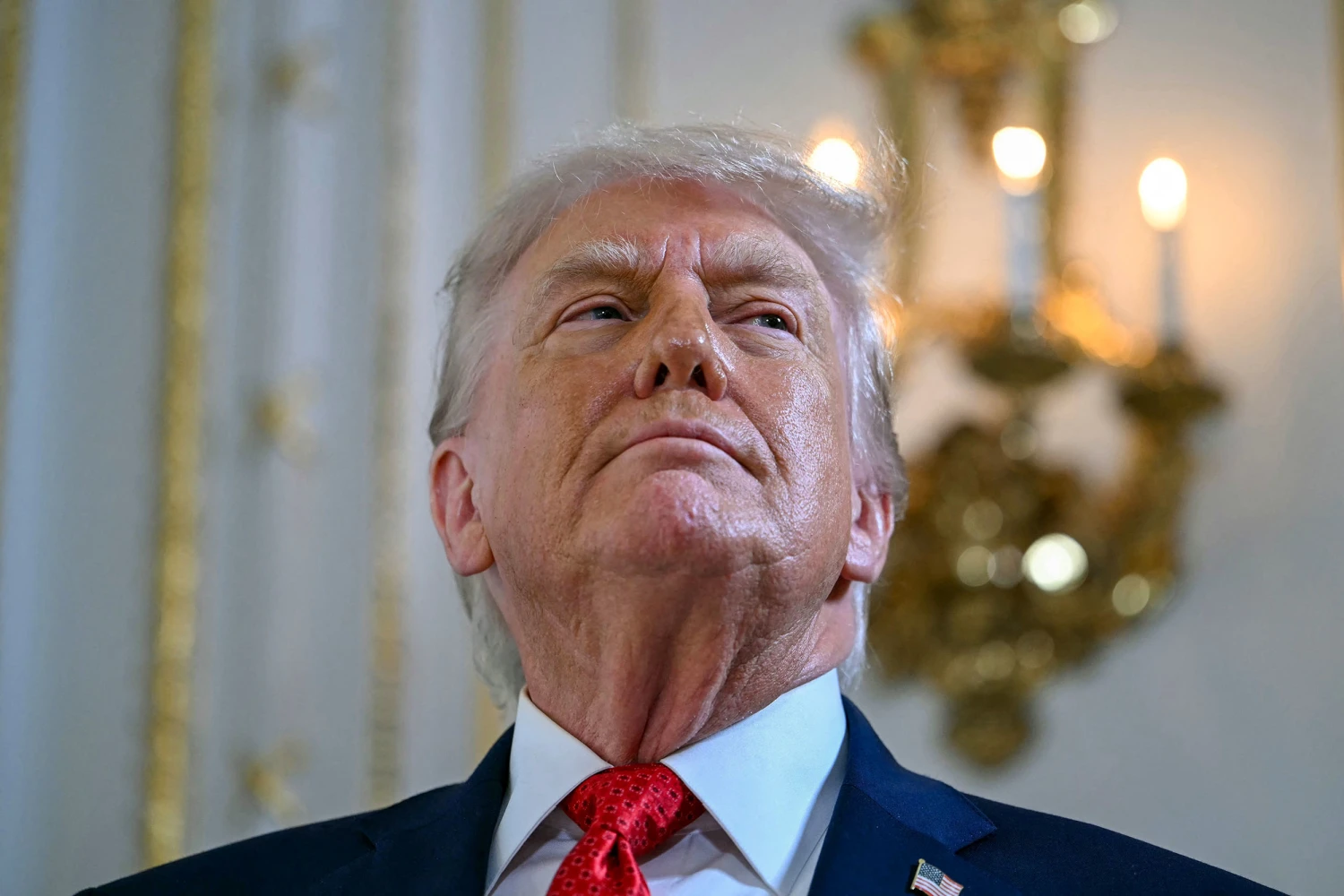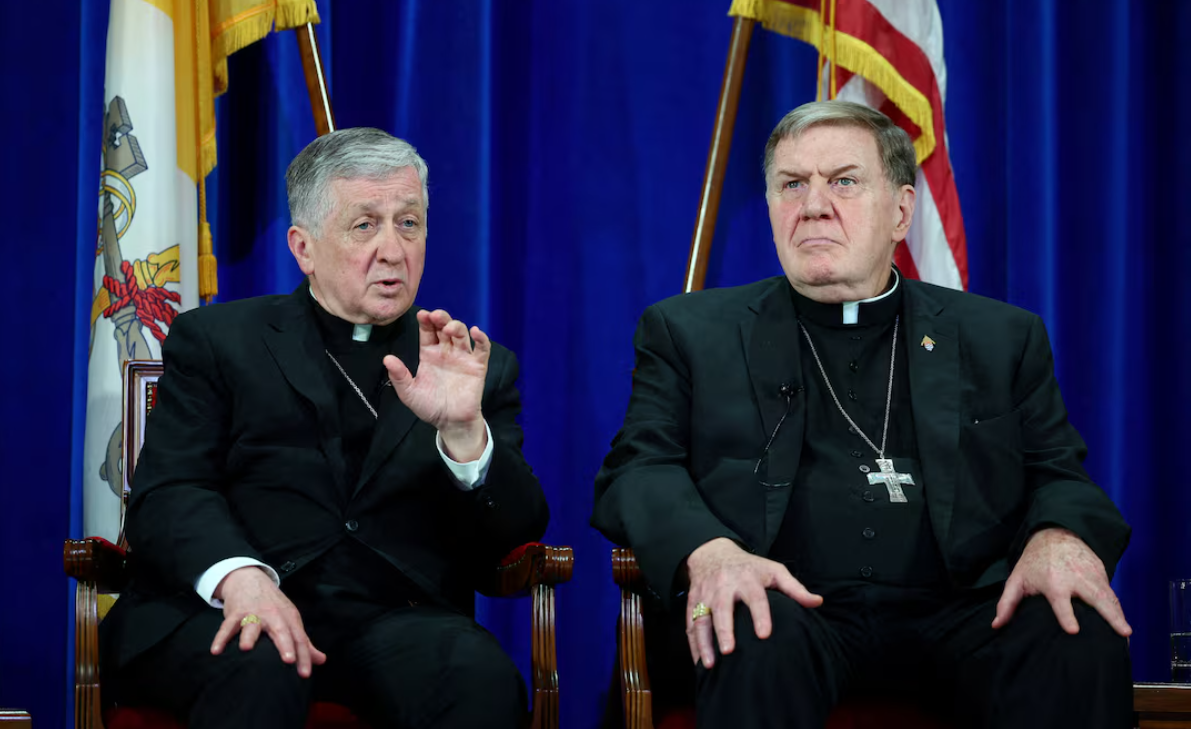MARATHON, Fla. — More than 500 Cuban immigrants have come ashore in the Florida Keys since the weekend, the latest in a large and increasing number who are fleeing the communist island and stretching thin U.S. border agencies both on land and at sea.
It is a dangerous 100-mile (160-kilometer) trip in often rickety boats — unknown thousands having perished over the years — but more Cubans are taking the risk amid deepening and compounding political and economic crises at home. A smaller number of Haitians are also fleeing their country’s economic and political woes and arriving by boat in Florida.
The Coast Guard tries to interdict Cuban migrants at sea and return them. Since the U.S. government’s new fiscal year began Oct. 1, about 4,200 have been stopped at sea — or about 43 a day. That was up from 17 per day in the previous fiscal year and just two per day during the 2020-21 fiscal year.
But an unknown number have made it to land and will likely get to stay.
“I would prefer to die to reach my dream and help my family. The situation in Cuba is not very good,” Jeiler del Toro Diaz told The Miami Herald shortly after coming ashore Tuesday in Key Largo.
The Department of Homeland Security, which oversees U.S. Customs and Border Protection, said it would be issuing a statement Wednesday, but had not yet done so.
Dry Tortugas National Park, a group of seven islands 70 miles (110 kilometers) west of Key West, remained closed to visitors Wednesday as the U.S. evacuated migrants who came ashore there earlier in the week. Normally, about 255 tourists a day arrive by boat and seaplane to tour the islands and Fort Jefferson, which was built 160 years ago. Officials did not know when it would reopen.
In Marathon, some 45 miles (72 kilometers) northeast of Key West, about two dozen migrants were being held in a fenced-in area outside a Customs and Border Protection station where tents had been erected to provide shade. When Associated Press journalists tried to speak with the migrants through the fence, Border Patrol employees told them to leave.
Ramón Raul Sanchez with the Cuban-American group Movimiento Democracia went to the Keys to check on the situation. He told the AP that he met a group of 22 Cubans who had just arrived. They were standing along the main road, waiting for U.S. authorities to pick them up. Sanchez and Keys officials said the Biden administration needs a more coordinated response.
Cuban migrants flow into Florida Keys, overwhelm officials




